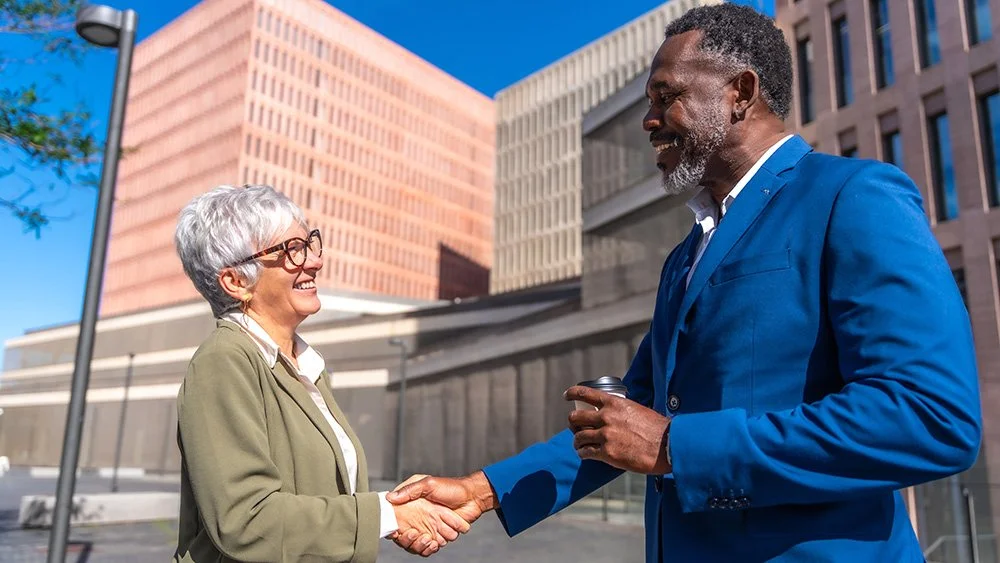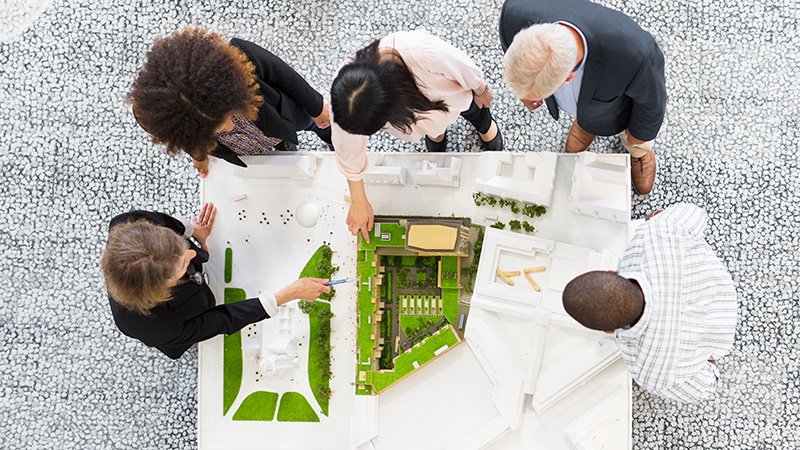I’d rather smother a boot in gravy and eat it than deal with a labyrinth of city regulations, procedures and fees. Loopholes are a great way to avoid that. Here are three loopholes to help you move forward when your project is running up against a bureaucratic nightmare
Read MoreHowever you feel about the results of the election, remember the power and agency you hold at the local level. Let’s keep our ideals and our vision for a better America while we simultaneously continue to do what we can to make our communities stronger.
Read MoreWhat we pay attention to shapes what we love. So, as national problems and politics take center stage, let’s remember to pay attention locally, too. It’s where we can make the biggest impact and build the most endurance for the work ahead.
Read MoreAmerican bus stops often leave people exposed to the elements without even a place to sit as they wait for their buses to arrive. Here’s how advocates around the country are tackling this problem — and how their cities are responding.
Read MoreIt's time to embrace a new method for creating safer streets, but it can be daunting to move from supporting an idea to actually executing it. Here are people's top three concerns about conducting a Crash Analysis Studio and why you don't have to worry about them.
Read MoreIf there's a single document that reflects the spirit of our work and the essence of the Strong Towns movement, it's the "Don't Be a Jerk" Agreement that we ask all Local Conversation leaders to sign. As the movement continues to grow — and as Election Day draws near — we want to make this agreement public.
Read MoreIn this episode of the Strong Towns Podcast, Chuck addresses a question he frequently gets from young people: "What educational or career path should I take if I want to build strong towns?"
Read MoreAlec Davis is the founder of Momentum Des Moines, an urban advocacy organization dedicated to building a better city by working with local government to end car dependency and make the city more accessible for everyone
Read MoreYou decided to put your passion into action by running for office. Your message resonated with local voters and propelled you to victory. Congratulations! Now what? Here’s some advice from elected officials, as well as Strong Towns members and staff.
Read MorePeople aren’t only influenced by their own beliefs — they’re also influenced by what they think other people believe. For instance, a local leader might withhold public support from a policy because they think no one else supports it. Here’s what that means for the Strong Towns movement.
Read MorePeople’s conversations about development, housing and transportation are often clouded by the words they use. So, here are some commonly used words and terms that advocates should avoid and what you can use instead.
Read MoreConversations with local decision-makers are an essential part of advocating for stronger cities. To make the best use of this sometimes-rare opportunity, you need to know the right questions to ask.
Read MoreSometimes, cities say that they’re taking an incremental approach when they’re really just breaking a master plan down into steps. This method lacks the creative, bottom-up nature that makes incremental development so resilient, tricking people into believing they’re making their city stronger when they’re really not.
Read MoreLocal government is supposed to be the highest form of collaboration, but it doesn’t always feel that way. Too often, city rules favor opponents of change, meaning one dissenting voice can doom a project. However, Jersey City demonstrates how cities can increase collaboration by adopting an iterative approach to city planning.
Read MoreWhat is a city, anyway? Many problems in the urbanism realm boil down to people having different ideas of what a city is and what purpose it has. To be an effective advocate, make sure you and the people you’re talking to are on the same page.
Read MoreJohn Pattison is Strong Towns’ community builder. In this special Member Week episode, he discusses the Local Conversations program, how it empowers people to improve their cities, and how becoming a member supports the program.
Read MoreFrom a dangerous transportation system to a development pattern that siphons wealth instead of building it, people who are trying to build stronger towns face many daunting challenges. The good news is that they’re rising to the occasion. Here are a few examples of how people really can change the world one block, neighborhood or city at a time.
Read MoreAs a Strong Towns advocate, you likely face a lot of opposition from rigid systems and even other advocates. This opposition claims that you’re not qualified enough to have an opinion or that you’re trying to change things in the wrong way. It’s easy to get discouraged by this barrage, but remember: there’s always something you can do to make a difference.
Read MoreThe Strong Towns movement is steadily progressing to the next phase of its mission. A substantial number of people are convinced of the principles behind the movement, and they want to roll up their sleeves and get to work. Here’s how to make the leap from building awareness to actually changing the default of North America’s built environment.
Read MoreSecret projects. Preventable pedestrian deaths. False promises of safety and support. This is what we — as a movement, as a nation, as a people — are up against. It’s time for a change.
Read More



















